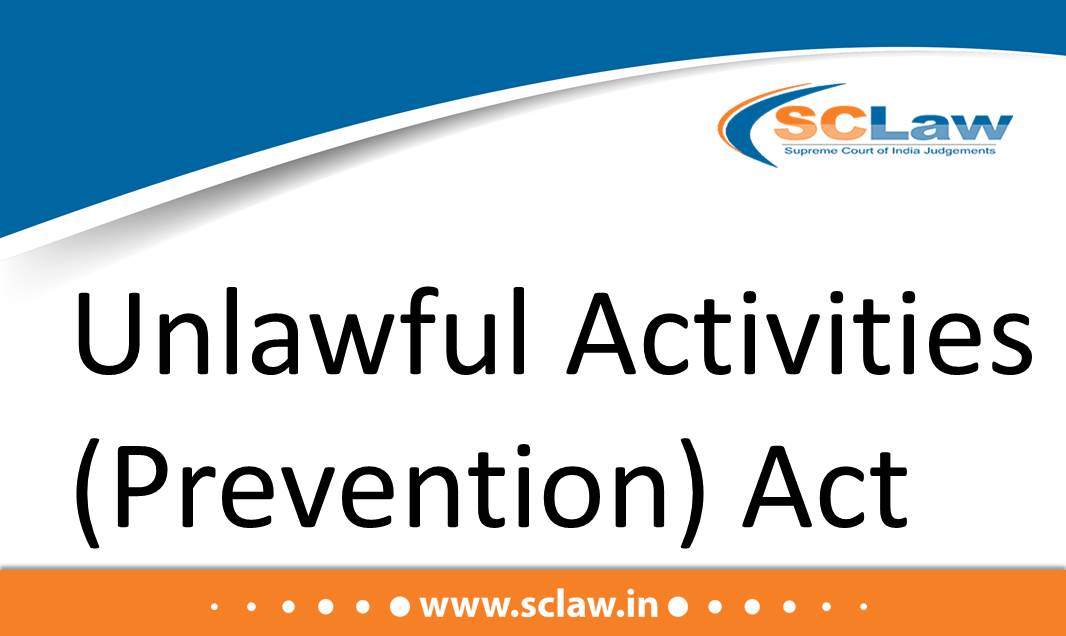Unlawful Activities (Prevention) (Recommendation & Sanction of Prosecution) Rules, 2008 — Rules 3 and 4 — Timelines in Rules 3 and 4 — The court ruled that the timelines mentioned in Rules 3 & 4 of the 2008 Rules, which provide for the grant of sanction, are mandatory and must be strictly followed — This is because UAPA is a penal legislation, and strict construction must be applied — The court also emphasized that independent review by both the authority recommending sanction and the authority granting sanction is necessary to comply with Section 45 of the UAPA.
2024 INSC 718 SUPREME COURT OF INDIA DIVISION BENCH FULESHWAR GOPE — Appellant Vs. UNION OF INDIA AND OTHERS — Respondent ( Before : C.T. Ravikumar and Sanjay Karol, JJ.…








